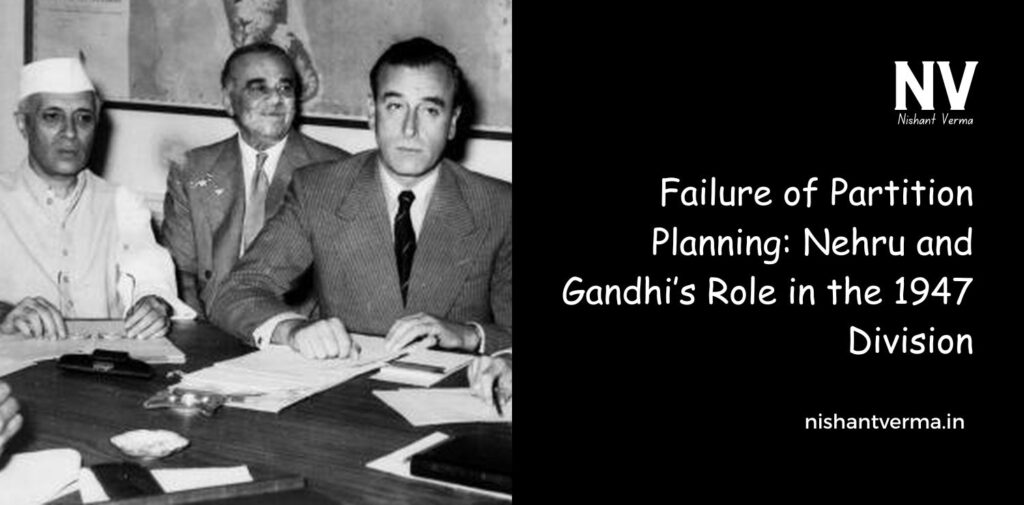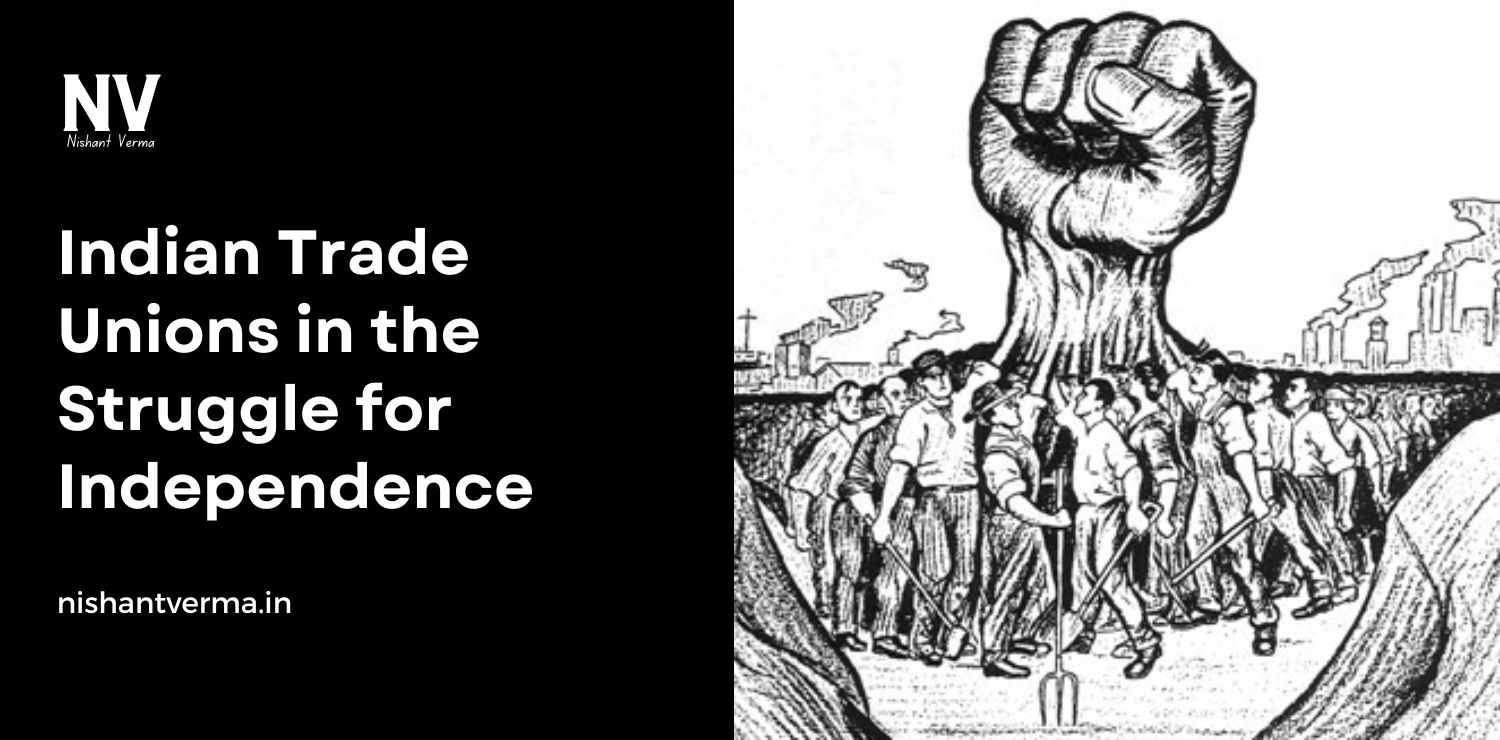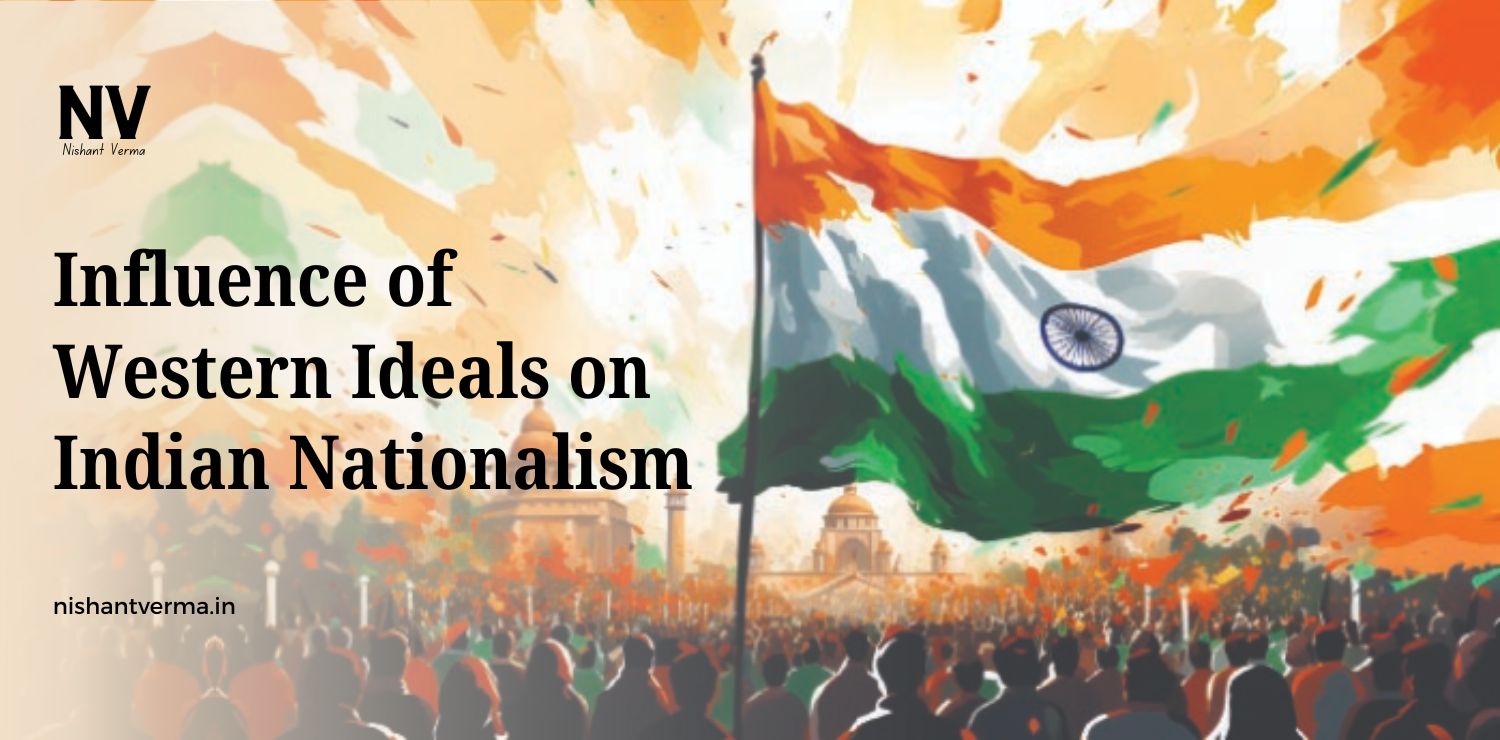The Partition of India in 1947 remains one of the most painful and significant events in the history of the Indian subcontinent. It was a process that divided British India into two separate nations: India and Pakistan. The partition not only altered the political map but also caused immense human suffering, violence, and displacement. While many factors contributed to the partition, the roles of key leaders, particularly Jawaharlal Nehru and Mahatma Gandhi, are often debated. Were their actions the reason for the failure in the planning of partition, or was it the result of larger historical and social forces beyond their control?
In this article, we will explore the roles of Nehru and Gandhi in the partition planning and discuss whether their actions were decisive in the 1947 division. Let’s dive deeper into the complexities of the partition and understand how the decisions of these two prominent leaders shaped the future of the subcontinent.
The Background of Partition
Before we delve into the roles of Nehru and Gandhi, it is important to understand the background of the partition. British India, under colonial rule for over 200 years, had a population composed of various religious, cultural, and ethnic groups. The two largest groups were Hindus and Muslims, who had different visions for the future of the country. In the 1940s, India was pushing for independence from British rule. However, the question of how the country should be governed after independence created a lot of tension.
The Indian National Congress, led by Jawaharlal Nehru, was striving for a united India, where all communities could live together peacefully. On the other hand, the All-India Muslim League, under the leadership of Muhammad Ali Jinnah, feared that Muslims would be politically marginalized in a Hindu-majority India. This led to the demand for a separate Muslim state—Pakistan.
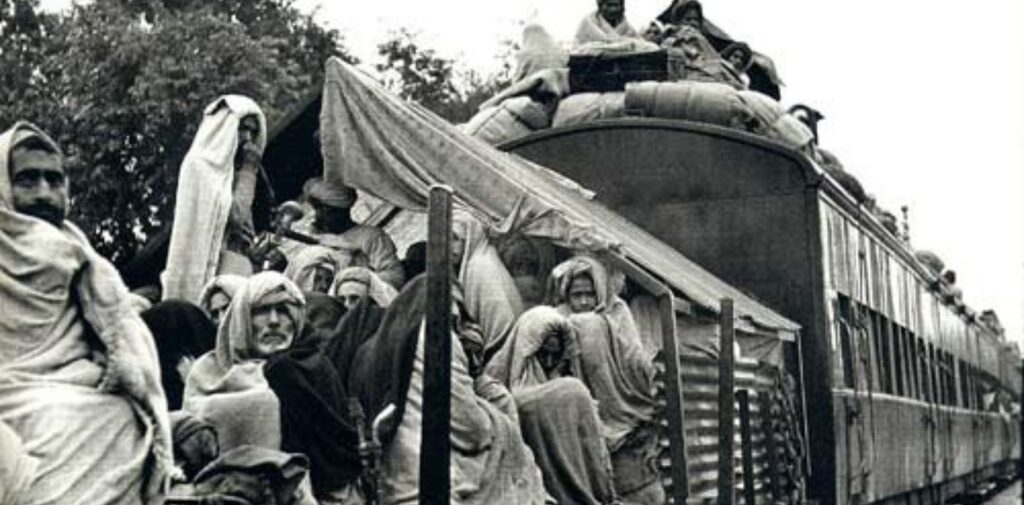
Gandhi’s Vision: Unity in Diversity
Mahatma Gandhi, the leader of India’s independence movement, was deeply committed to the idea of a united India. He believed in the power of non-violence and sought a peaceful coexistence between Hindus and Muslims. Gandhi’s vision of India was that of a secular state, where people of all religions could live together in harmony. He often emphasized the importance of unity and fraternity between the two communities.
However, Gandhi’s influence began to fade as tensions between Hindus and Muslims grew. His leadership was primarily based on moral authority, but when political divisions deepened, it became harder for him to bridge the gap between the Congress and the Muslim League. Gandhi’s approach was focused on dialogue and reconciliation, but by the time partition seemed inevitable, many people had lost faith in the possibility of unity.
Nehru’s Role: The Political Leader
Jawaharlal Nehru, the first Prime Minister of India, was a key figure in the Indian National Congress and played a crucial role in the negotiations leading up to independence. Nehru’s primary goal was to create a unified India, and he was opposed to the idea of partition. He believed that the division of India would be disastrous for the future of the country and that the people could live together despite their differences.
However, Nehru’s position was complicated by several factors. He had to work within a political environment that was increasingly divided along religious lines. Nehru was also facing pressure from the British to come to a quick resolution of the issue. As the leader of the Congress, Nehru was focused on securing independence, even if it meant compromising on the issue of partition. In retrospect, many argue that Nehru, like other Congress leaders, failed to adequately address the growing demands for a separate Muslim state.
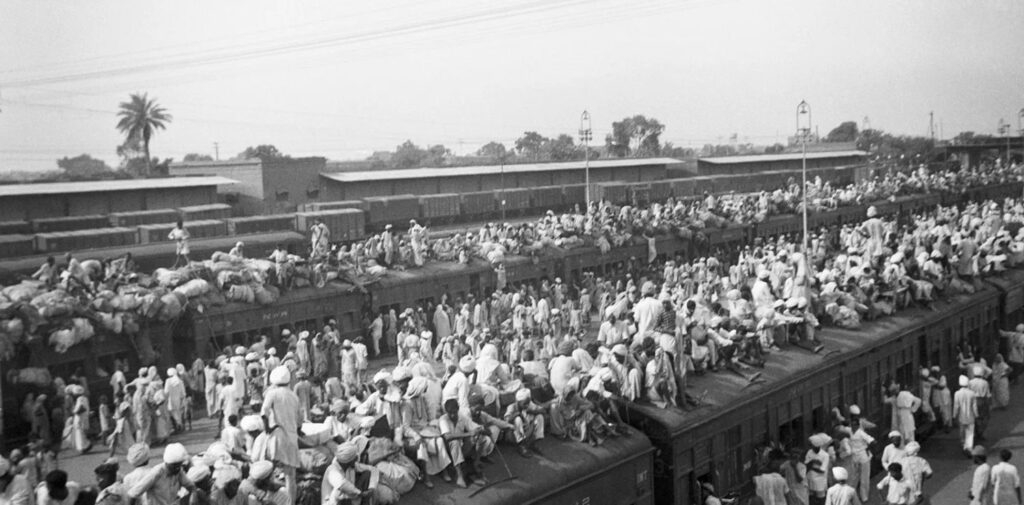
The Failure of Partition Planning
The planning of the partition was a deeply flawed process, and both Gandhi and Nehru bear some responsibility for the failure to prevent it. The major issues can be summarized as follows:
- Inadequate Communication and Dialogue: One of the key reasons for the failure of partition planning was the lack of effective communication and dialogue between the Indian National Congress and the Muslim League. Although there were attempts at negotiation, the talks were often broken down by mistrust and ideological differences. Nehru, Gandhi, and other Congress leaders did not fully engage with Jinnah’s demand for Pakistan, and the failure to address the concerns of the Muslim League led to a sense of alienation among the Muslim community.
- The Failure to Address Religious Tensions: By the 1940s, religious divisions had deepened, and the Congress was unable to provide adequate solutions to ease these tensions. Gandhi’s efforts to promote Hindu-Muslim unity were admirable but not effective enough in a climate of rising nationalism. Nehru, despite being a secular leader, struggled to present a vision that could unite Hindus and Muslims. The inability to address the growing fears of Muslims regarding their political representation contributed to the eventual division.
- The Role of British Influence: The British were eager to leave India after World War II, and their decision to partition the country was driven in part by their desire to exit quickly and avoid further conflict. The British largely left the process of partition to the Indian political leaders, but they played an instrumental role in drawing the borders between India and Pakistan. The hastily drawn borders, along religious lines, led to massive migration and violence. Many historians argue that the British were too focused on leaving without considering the long-term consequences of their actions.
- The Impact of the 1946 Riots: In 1946, communal riots broke out in various parts of India, particularly between Hindus and Muslims. These riots further worsened the relationship between the two communities and convinced many that peaceful coexistence was no longer possible. The violence led to a shift in the political landscape, and the demand for a separate Muslim state grew stronger. Unfortunately, Gandhi and Nehru’s leadership did not succeed in stopping the cycle of violence, which ultimately made the idea of partition more acceptable to some leaders.
- Gandhi’s Personal Failure to Prevent Division: Gandhi, as a leader of moral and spiritual authority, had the power to influence people’s minds. Yet, despite his strong commitment to non-violence, he was unable to prevent the growing demand for partition. Gandhi’s reluctance to compromise on his ideals meant that he was unable to find a middle ground that could have prevented the division. Although he personally opposed the idea of partition, he could not unite the two communities under his leadership.
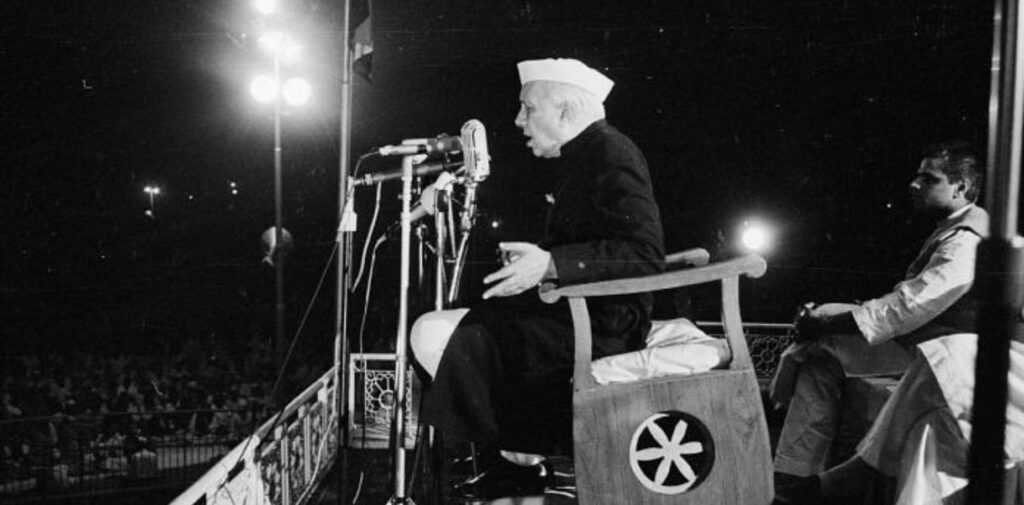
Nehru’s Political Pragmatism
Nehru’s political leadership was pragmatic, and he understood that achieving independence was more urgent than preventing partition. However, his inability to address the concerns of the Muslim League, his failure to anticipate the political consequences of partition, and his unwillingness to engage deeply with Jinnah led to a breakdown in negotiations. Nehru, along with his colleagues in the Congress, made the critical mistake of underestimating the strength of the demand for Pakistan. In hindsight, it seems that Nehru was too focused on the idea of a unified India to see the growing need for compromise.
Conclusion: A Complex Legacy
The failure of partition planning in 1947 cannot be attributed solely to Nehru or Gandhi, though both played important roles in the events leading to the division. The partition was a result of multiple complex factors, including the deep-rooted religious divisions, the political demands of the Muslim League, the declining influence of Gandhi, and the overall political situation at the time. While Gandhi and Nehru tried to prevent partition, their efforts were not enough to overcome the intense pressures from various quarters.
The aftermath of partition, with its violence, displacement, and loss of life, remains a tragedy that haunts both India and Pakistan to this day. However, it is important to remember that the leaders of the time acted under extraordinary pressures, and the situation was far more complicated than it may appear from a historical distance. The failure of partition planning serves as a reminder of the importance of unity, dialogue, and the need for inclusive political leadership in times of national crisis.

